This helps you to feed your plants with nutrition and improve the health of your soil.
After all, organic compost is one of the most popular substances to add to your garden. You can buy compost at any garden store, but it is easy and much cheaper to make your own. It not only helps you save on money but also reduces your waste footprint on the earth.
Besides providing nutrition to the plants, compost also helps in moderating the soil temperature and retains moisture. However, there can be misconceptions about composting at home, like it's too complicated or it smells bad. If you start composting the right way, you will be able to produce the best soil booster around without any hassle. Here’s a low-down on how to go about preparing organic compost the right way:
What is composting?

Before getting into the deets, let's understand the meaning of composting. It means putting organic material together in a pile and allowing them to decompose into a form which can be used to provide an extra supply of nutrition to the plants. The 'Black Gold' plays multiple roles in a garden, from improving the texture of the soil to adding nutritional layers. If you want the prolific growth of your plants, add a layer of compost and watch them flourish.
Benefits of composting

Many urban gardeners are adapting composting into their gardening regimes, here's why:
Nutrition for plants, as well as the soil
Organic compost helps in adding the much-needed carbon and nitrogen to the soil. The nutrients are utilised by the plants for their growth and the photosynthesis process. It even helps soil in retaining moisture.
Compost brings beneficial organisms to the soil
Bacteria, fungi, protozoa, and other beneficial microorganisms get added to the soil due to composting. These microorganisms help in aerating the soil and repelling plant diseases.
Reduces waste generation
Composting helps in reducing kitchen waste by up to 30%. This helps in reducing your waste footprint and is beneficial for the environment.
Organic gardening
Producing organic compost at home helps maintain organic gardens and keeps gardens free from chemical fertilizers. Read our guide on organic fertilizers.
How to make organic compost at home?

Choose a compost bin in which you will be adding the pile for decomposing. To prepare an organic compost pile you will require three ingredients: brown material, green material and an adequate amount of water. Green material refers to plant remains, grass trimmings, fruit peels, kitchen scrap, leftovers, coffee grounds, tea leaves, etc. On the other hand, brown material includes; dead leaves, newspaper, hay, twigs, branches, wood clippings from tees, etc. A healthy pile of organic compost contains an equal ratio of brown and green material, where the green material brings nitrogen and the brown material brings carbon. Moisten the pile by spraying water on it to make it soggy. Wet compost can drown essential microbes. Avoid using items that can attract rodents and make the pile smelly, including:
- Dairy products
- Meat, animal products, and bones
- Plants treated with pesticides
- Infected or diseased plants: the disease can spread to other plants through the compost.
- Dog and cat waste: it may contain harmful bacteria that can make the compost hazardous.
The ideal temperature for your pile to decompose is between 54-60℃. If the temperature rises above 60℃, allow the pile to aerate to bring it down. Keep moistening the pile as it dries out.
Things & Material You Will Need To Prepare Compost
- Compost Bin
- Organic Material (Green & Brown Material)
- Pitchfork or Shovel
Types of composting

There are several methods to prepare organic compost. The most common types are hot compost, cold compost, and vermicompost.
Cold composting
It's the simplest form of composting that includes collecting organic waste (such as; fruit peels, coffee grounds, eggshells, etc.) and then corralling them in a compost bin. Over time, the material decomposes and turns into organic compost.
Hot composting
This method is faster but requires more attention. The ingredients that are required for hot composting are nitrogen, carbon, air and water. Over the hot months of the year, these items feed microorganisms that speed up the decay process. One batch takes 3-4 months to decay and become ready to use.
Vermicompost
This method requires help from worms. When the worms feed on the food scraps, they release castings, which are rich in nitrogen. These can be easily purchased from a garden supplier.
Read to learn how vermicomposting can be a boon for your yield.
Preparing the compost

You can prepare compost throughout the year, although, in the winter season, the decomposition rate goes down. Preparing compost is an ongoing task. You can keep recycling your household waste and prepare the black gold for your plants.
Keep an eye out for your compost to ensure it's decomposing right. If it starts to smell bad, the chances are that the ratio is off. Check if the pile is too wet or too dry. Check if there's an equal amount of green and brown material in your compost. Ensure that the compost is aerated at all times. Use a pitchfork to turn the pile every two to four weeks. Turning the compost pile will help it decompose faster and prevent material from melting down and developing an odour.
Once the pile turns into a black, crumbly textured material, it's ready to re-energize your gardens.
Re-energize your garden with compost
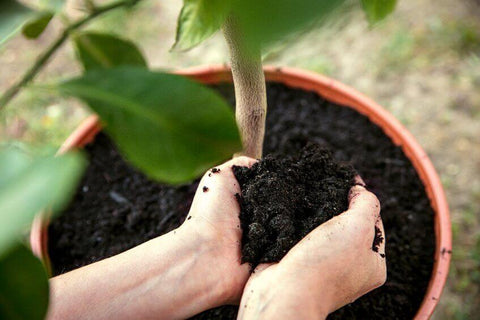
When the compost pile turns black/brown and no longer gives off heat, it's fully decomposed and ready to feed your plants. Add 5-6 inches of compost to your vegetable beds. Mix a thick layer of compost with the potting soil at the beginning of every planting season. You can even use the compost as mulch as it helps in retaining the moisture and discourages the growth of weeds.
Every gardener has their gardening style, so it's up to you to decide which composting method suits your garden space. However, it's safe to say that composting at home is incredibly easy and environment-friendly. With some hard work, you can get the healthiest garden on the block.


 Sign In
Sign In



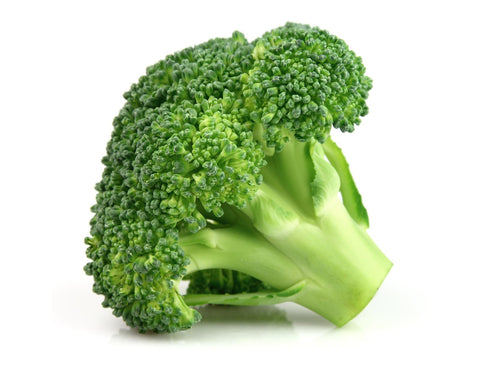
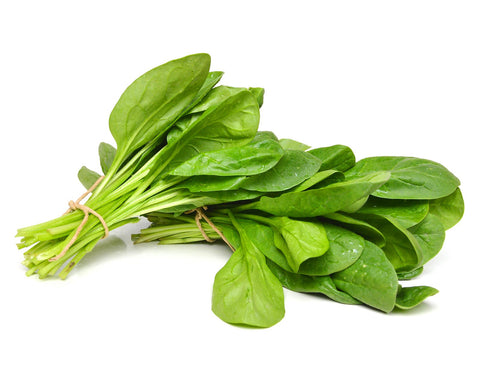
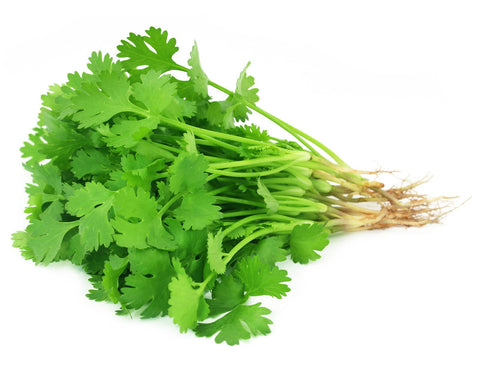
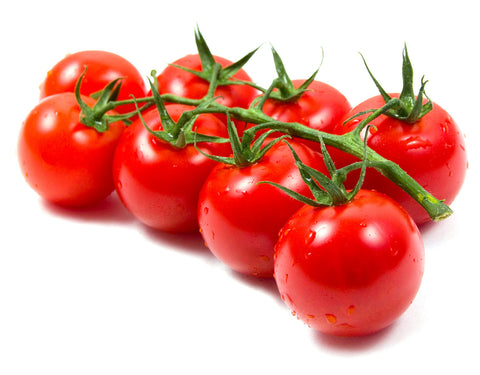
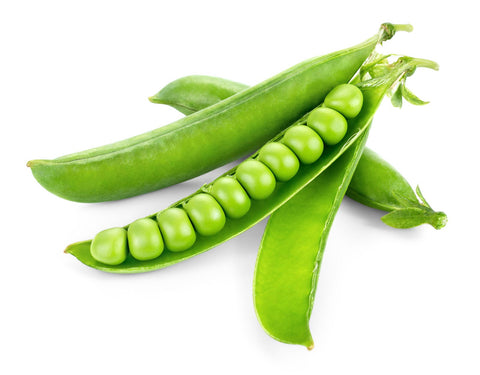
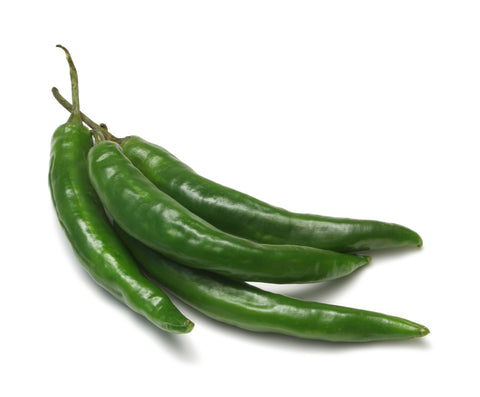
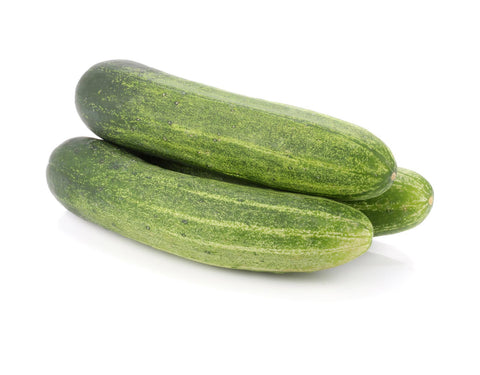
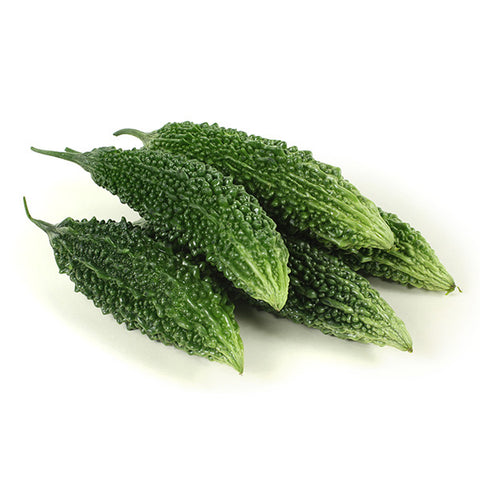
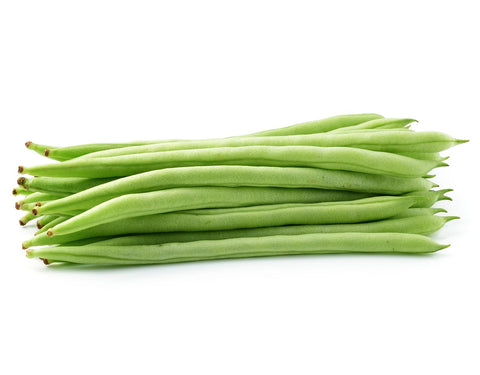
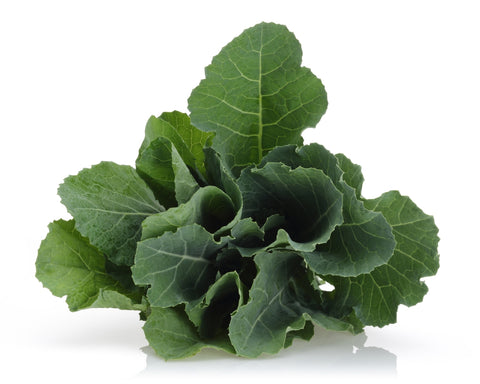
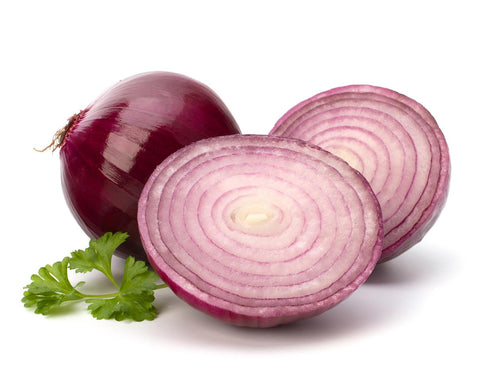
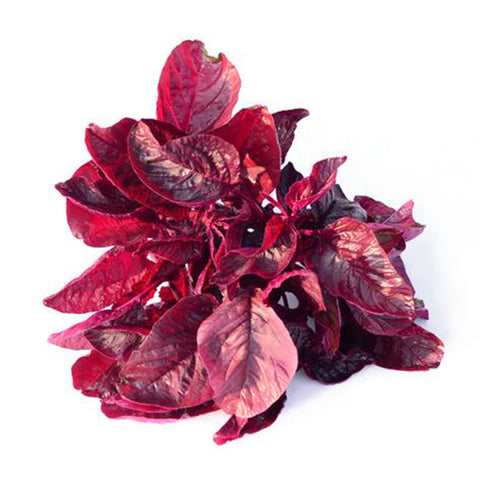






Let us know your feedback
* Comments must be approved before being displayed.